The United States has raised concerns over India’s restrictions on ethanol imports, listing it among the top trade barriers faced by American exporters. This development comes amid rising global trade tensions and new tariff measures aimed at boosting domestic industries.
In its latest National Trade Estimate Report on Foreign Trade Barriers (2025), the U.S. Trade Representative (USTR) identified ten major trade policies from key global economies that it considers detrimental to American trade interests. The list includes measures by countries such as India, China, Japan, and several members of the European Union.
One of the key issues highlighted in the report is India’s complete ban on the import of fuel ethanol from the United States. According to the USTR, this restriction limits fair market access and affects American ethanol producers, who are seeking to expand their global presence.
Ethanol Policy as a Trade Barrier
Despite setting ambitious domestic targets for blending ethanol with petrol, India does not allow imports of ethanol for fuel use. The Indian government maintains strict licensing regulations even for non-fuel ethanol imports, making it difficult for foreign ethanol producers to enter the market. These policies are governed by the Directorate General of Foreign Trade (DGFT), which has enforced import restrictions under various Harmonized System (HS) codes since May 2019.
The USTR pointed out that India’s current ethanol strategy creates a significant barrier for U.S. ethanol exporters. While India has steadily increased its ethanol blending levels—from 10% in 2022 to nearly 18% by early 2025—the lack of import options remains a roadblock for international trade. The Indian government aims to achieve a 20% ethanol blending target by 2030, but has made it clear that this goal will be met primarily through domestic production.
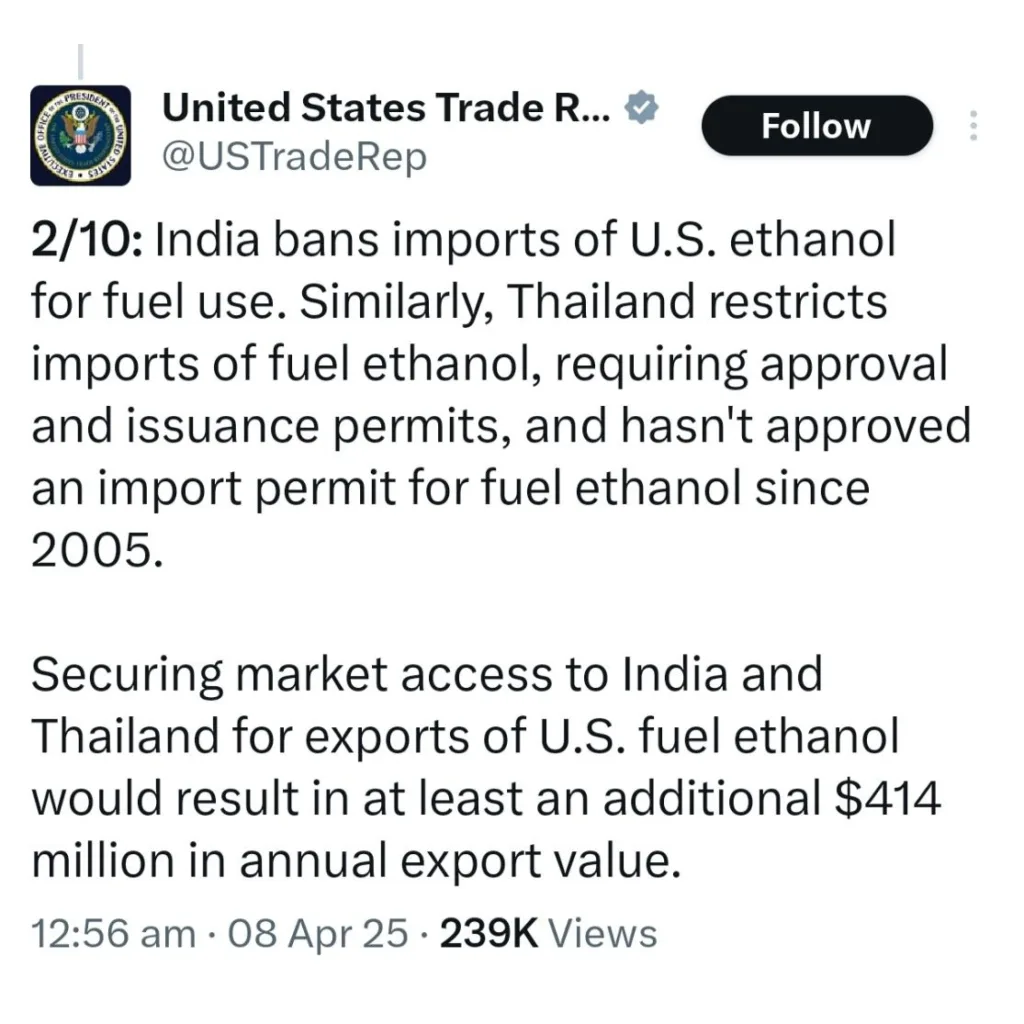
Impact on U.S. Exports
According to estimates shared in the trade report, opening markets like India and Thailand to U.S. fuel ethanol could generate at least $414 million in additional annual export value. Thailand, like India, also restricts ethanol imports for fuel use. In fact, it has not approved a single ethanol import permit since 2005, despite growing domestic energy demands.
These restrictions not only limit trade but also hinder potential partnerships between U.S. ethanol producers and international fuel markets. The USTR emphasized that easing these trade barriers would create meaningful economic opportunities and strengthen energy cooperation between nations.
Rising Trade Tensions Add to Concerns
The ethanol issue comes against the backdrop of growing global trade tensions. Recently, the United States implemented a blanket 10% tariff on all imports, with certain countries—including India—facing a higher 26% tariff rate. These measures have disrupted global markets and raised concerns among major trading partners.
As trade dynamics shift, both the U.S. and its international counterparts are under increasing pressure to negotiate balanced and mutually beneficial agreements. The recent developments underscore the need for open dialogues, especially in sectors like renewable energy and biofuels, where cross-border cooperation can lead to shared benefits.
Broader Trade Issues Identified
The USTR’s report also called attention to other practices it considers unfair. One example involves the Chinese dominance in the low-cost U.S. flag market, where over 100,000 Chinese-made flags are sold each month on a single online platform. This has reportedly caused around $2 million in losses and impacted domestic jobs in the United States.
The trade office is actively promoting the need for fair access to global markets, especially in sectors where American producers can offer competitive products. The agency has used its platform on social media to highlight these issues, stressing the importance of removing trade barriers that distort global commerce.
Conclusion
The spotlight on India’s ethanol import ban is just one of several examples of what the U.S. sees as trade practices that hinder American exporters. With global trade relations becoming increasingly complex, the need for fair and transparent policies has never been greater.
As countries continue to shape their domestic economic strategies, ensuring open and equitable trade access will remain a key challenge. Whether it’s ethanol, manufacturing, or digital goods, reducing trade barriers could unlock new opportunities for growth on both sides.

BBW News Desk is the editorial team of BigBreakingWire, a digital newsroom focused on global finance, markets, geopolitics, trade policy, and macroeconomic developments.
Our editors monitor government decisions, central bank actions, international trade movements, corporate activity, and economic indicators to deliver fast, fact-based reporting for investors, professionals, and informed readers.
The BBW News Desk operates under the editorial standards of BigBreakingWire, prioritizing accuracy, verified information, and timely updates on major global developments.
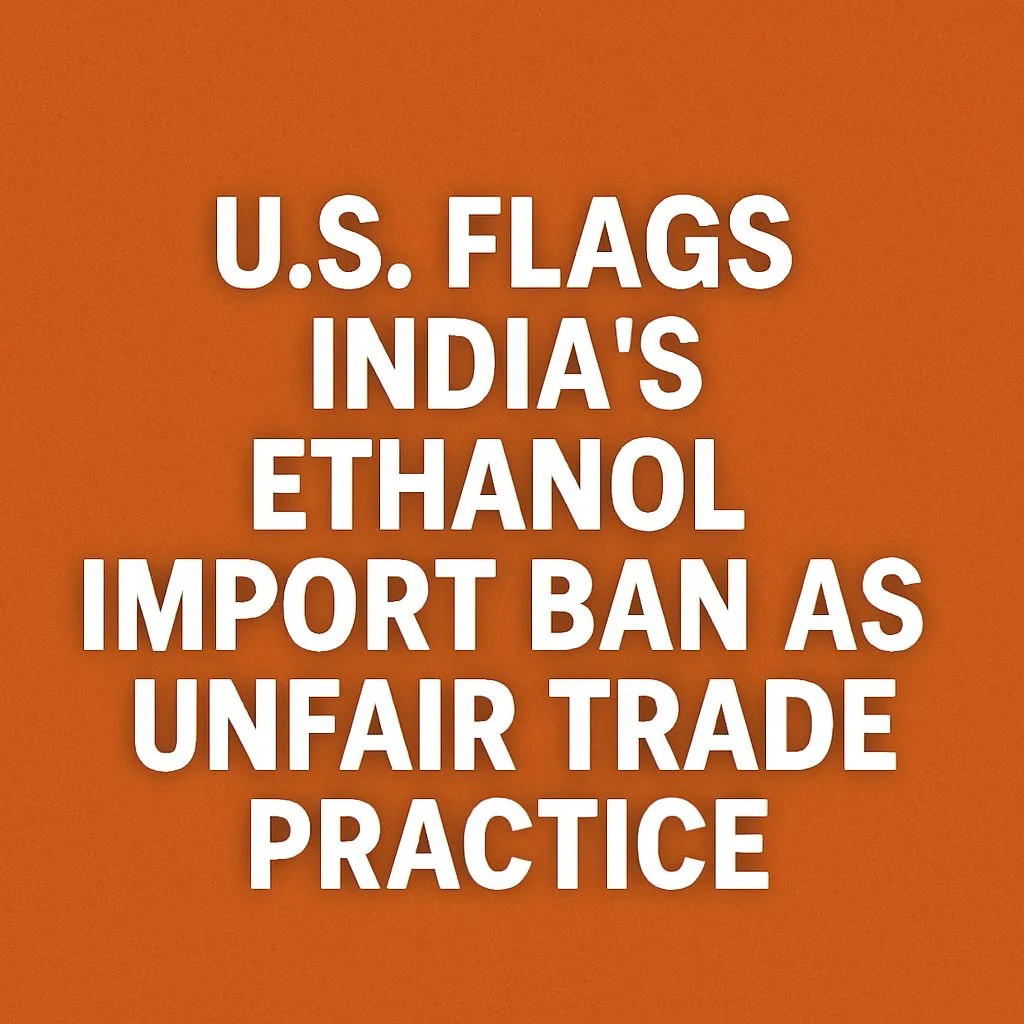











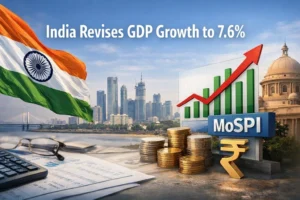

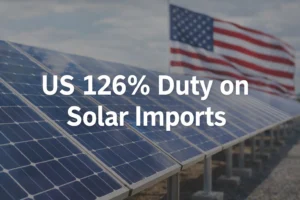
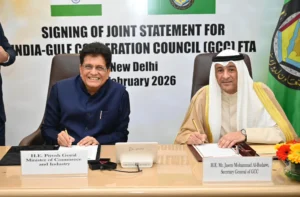







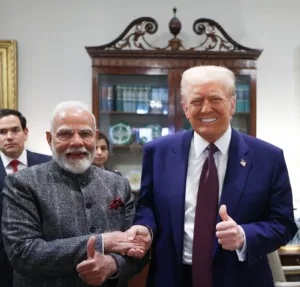

Be First to Comment